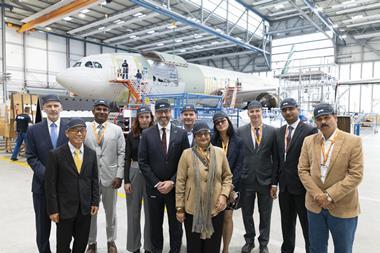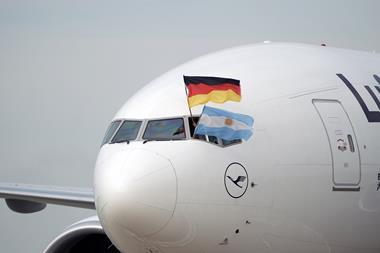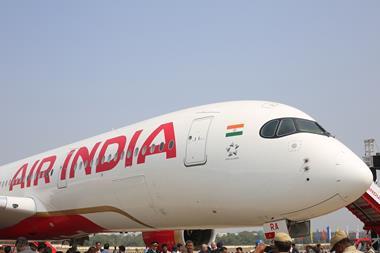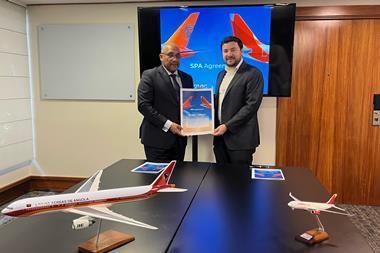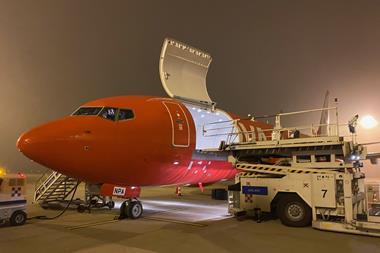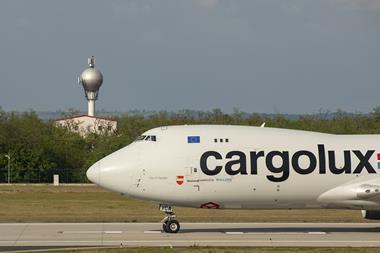UK Logistics professionals have warned the government’s Brexit negotiators to prioritise the negotiation of aviation and road access agreements with the European Union (EU) as the clock keeps ticking on Britain's departure from the EU.
The FTA membership association, representing more than 17,000 UK logistics businesses, issued its supply chain warning, if all traffic and trade with the Continent is to keep moving after March 29, 2019, the official Brexit departure date.
“Discussions on the future Customs arrangements between the UK and EU appear stalled, but the Government needs to move on and prioritise separate agreements on international road transport and aviation to allow truck and planes to keep moving between the UK and EU after Brexit," said James Hookham, the FTA's deputy chief executive.
“Leaving the Single Market means an end to the automatic rights for trucks to drive and planes to fly between the UK and the EU27 countries. The UK will also lose automatic access to the flying rights contained in EU aviation agreements negotiated with other countries, including the US.
“This will be catastrophic for businesses trading with the EU, regardless of the Customs and Border issues. Yet no decision has been made to provide the logistics sector with the reassurance we need that this matter is being dealt with so that the country can keep trading effectively in the event of a No Deal exit next March.
Hookham continued: “Should the UK leave the EU without an agreed air deal, and with the country no longer part of the EU’s aviation partnership, planes from 44 countries around the world would not be legally permitted to arrive or depart from the UK.
"This could be disastrous for businesses of all sizes which rely on just in time deliveries via the UK’s airports which connect them to the rest of the world."
To compound the problem, added Hookham, leaving the EU without a road transportation deal, would mean the UK having access to between only 140 and 1,000 permits each day, allowing British lorries to travel to and from the Continent.
Said Hookham: "When you consider that up to 10,000 lorries pass through the Port of Dover alone daily, you can see that this number is woefully short of the required total.
"Without an agreement which facilitates frictionless movement of vehicles between the UK and Europe, there is a very real prospect of severe road delays on both sides of the Channel, and, ultimately, a significant threat to the UK’s complex supply chain on which we all rely, from both a business and a personal point of view.”
On behalf of its members, FTA has been raising the issue of air and road freight prioritisation with government contacts since the triggering of Article 50 in 2017, But Hookham said that "other priorities seem to have taken hold".
He continued: "Of course, the Brexit negotiation process is a complex one, with many different strands. But we find it incredible that nothing has been done so far about the basic need to move people and trade between the UK and its most significant trading partner – the EU – in the most effortless way possible.
"The logistics industry is ready and waiting to ensure that our shops, businesses, factories and hospitals continue to be stocked with whatever they need, but without assurances that these agreements are to be prioritised, operators are being set up to fail the very customers we are committed to serve.
“The logistics industry needs a very real commitment from government that air and road agreements are at the top of the agenda when negotiations resume in Brussels in September – the clock is ticking for business, and there is not much time left in which to reach a solution.”
Read more Brexit news
Sign up to receive Air Cargo News direct to your inbox for free





